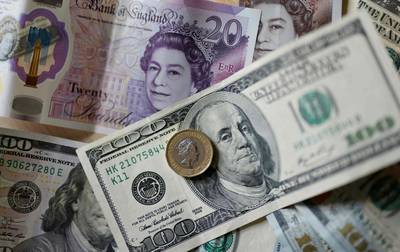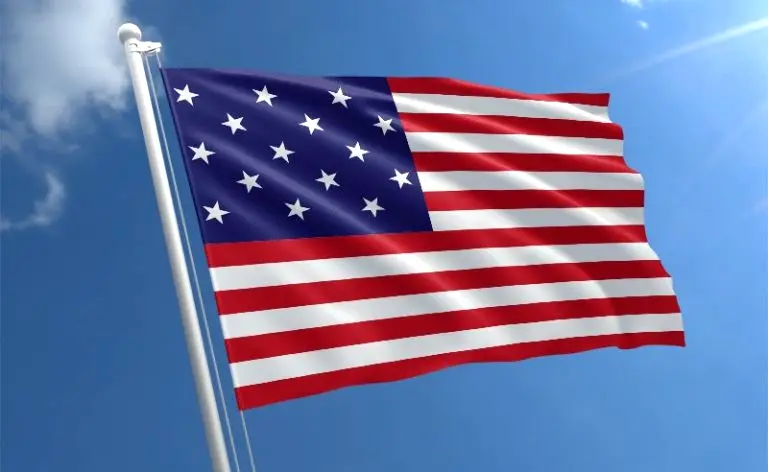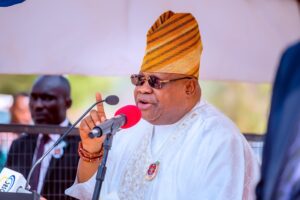Pound Sinks To Record Low Against US
The British pound fell to a record low against the US dollar in early trading on Monday after UK Chancellor Kwasi Kwarteng said last week the government would fund the country’s biggest tax cuts in five decades by increased borrowing.
Sterling fell to about $1.033 in early trading in Asia, before rising to $1.055 against the greenback. Cable has lost about 22 per cent of its value against the dollar year-to-date.
On Friday, Mr Kwarteng announced £45 billion ($47.49bn) debt-financed tax cuts that sparked a sell off in UK government bonds as investors shun fixed income investments amid a near four-decade high inflation rate.
“Financial markets abandoned bets on the British pound and UK bonds as foreign investors doubt the government will be able to fund this new round of debt,” said Edward Moya, a senior market analyst at Oanda.
“The British pound is sharply lower on the markets rejection of this fiscal handout that includes both the biggest tax cut in half a century and investment incentives.”
Mr Kwarteng announced the government’s mini-budget a day after the Bank of England increased interest rates by 50 basis points. This was the second consecutive 50 point rate increase.
“Attempting to prevent inflation from becoming broad-based, the BoE hiked its policy rate to 2.25 per cent, a new 14-year high, despite acknowledging that the UK is in a recession,” said David Alexander Meier in the economic research division of Swiss bank Julius Baer.
The BoE acknowledged that the UK is now in a recession, expecting a 0.1 per cent drop of gross domestic product in the third quarter due to slowing consumer spending and weaker economic activity.
Annual inflation in August reached 9.9 per cent, the Office for National Statistics said earlier this month. This was slower than the 10.1 per cent registered in July, which marked a four-decade high, but is still above the BoE’s 2 per cent target rate.
The BoE raised its rate a day after the US Federal Reserve implemented its third 75 point rate increase in a row, which prompted central banks around the world to raise rates.
AFP















Post Comment